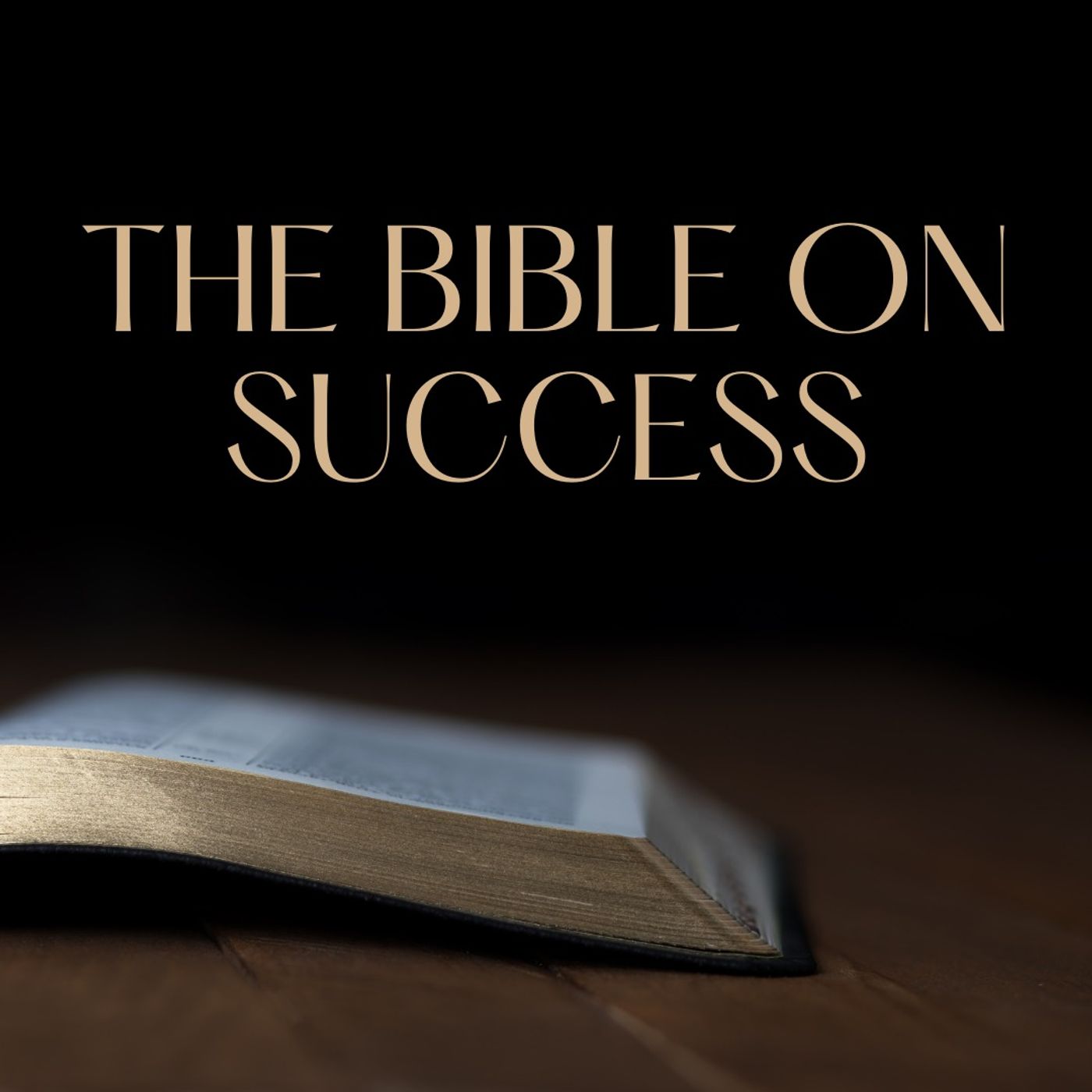The Message of the Widow’s Oil With Sharon Epps
Faith & Finance with Rob West
The Bible contains many accounts of God providing miraculously for His people, but none are more fascinating than the story of the Widow’s Oil. That passage is found in 2 Kings 4:1-7—it’s just seven verses, but they’re loaded with teaching about God’s provision. Sharon Epps joins us today to unpack the story of the Widow’s Oil and how we can apply it to our lives today. Sharon Epps is the president of Kingdom Advisors, FaithFi’s parent organization. Kingdom Advisors serves the broad Christian financial industry by educating and equipping professionals to integrate biblical wisdom and financial expertise.

Show Notes
The Bible contains many accounts of God providing miraculously for His people, but none are more fascinating than the story of the Widow’s Oil.
That passage is found in 2 Kings 4:1-7—it’s just seven verses, but they’re loaded with teaching about God’s provision. Sharon Epps joins us today to unpack the story of the Widow’s Oil and how we can apply it to our lives today.
Sharon Epps is the president of Kingdom Advisors, FaithFi’s parent organization. Kingdom Advisors serves the broad Christian financial industry by educating and equipping professionals to integrate biblical wisdom and financial expertise.Elisha and the Widow’s Oil
Let's start by reading the whole story from 2 Kings 4:1-7:
Now the wife of one of the sons of the prophets cried to Elisha, “Your servant my husband is dead, and you know that your servant feared the Lord, but the creditor has come to take my two children to be his slaves.” And Elisha said to her, “What shall I do for you? Tell me; what have you in the house?” And she said, “Your servant has nothing in the house except a jar of oil.” Then he said, “Go outside, borrow vessels from all your neighbors, empty vessels and not too few. Then go in and shut the door behind yourself and your sons and pour into all these vessels. And when one is full, set it aside.” So she went from him and shut the door behind herself and her sons. And as she poured they brought the vessels to her. When the vessels were full, she said to her son, “Bring me another vessel.” And he said to her, “There is not another.” Then the oil stopped flowing. She came and told the man of God, and he said, “Go, sell the oil and pay your debts, and you and your sons can live on the rest.”God’s Role in Our Provision
This story beautifully illustrates God's role in our lives. God provided the oil when the widow had no other means and also ensured there were buyers for the oil to settle her debts. This story reminds us of our total dependence on God for our needs.
You Might Also Like

January 23, 2026
The Bible On Success
What does the Bible say about success? Rob West warns your idea of success may be different than God's!...
January 23, 2026
Why Tracking Your Generosity Matters with Dr. Art Rainer
Most people, when asked about their biggest financial regret, will point to mistakes involving debt, missed investment o...

January 22, 2026
Balancing Gold in a Diversified Portfolio
Gold has always captured people’s attention—especially in uncertain times. Rob West shares the dangers and benefits of a...